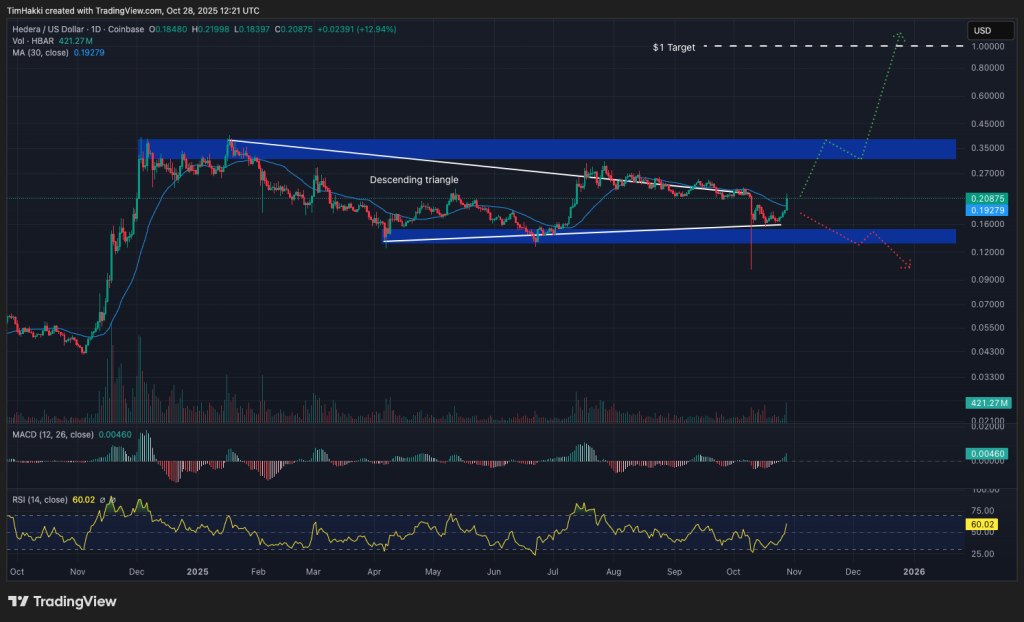
Key Takeaways:
- The Federal Council approved automatic crypto-asset data exchange with 74 jurisdictions under OECD’s CARF, starting in 2027.
- The list includes EU states, the UK, and most G20 countries but excludes the U.S. and Saudi Arabia.
- Exchanges will only occur if partner countries meet reciprocity and compliance benchmarks.
Switzerland’s Federal Council has approved a proposal to begin automatically exchanging data on crypto-asset holdings with 74 partner states starting in 2027, according to a statement issued on June 6.
The exchange will be based on the Crypto-Asset Reporting Framework (CARF) developed by the Organisation for Economic Co-operation and Development (OECD). The framework mandates information sharing between jurisdictions to detect offshore digital asset holdings and ensure tax compliance.
Reciprocity and Compliance Conditions For Data Exchange
The approved list includes all EU countries, the United Kingdom, and most G20 members, but excludes the United States and Saudi Arabia. Exchange of data will only proceed if partner jurisdictions agree to reciprocity and meet technical and legal standards set out under CARF.
The Swiss parliament is currently reviewing the legal foundation for this data-sharing regime, which is scheduled to take effect on January 1, 2026. The first data transmission will take place in 2027.
The Federal Council stated that the same review mechanisms used for financial account data exchanges will be applied to crypto-asset reporting. Partner states must undergo periodic assessments to verify continued compliance.
The update positions Switzerland among the first countries preparing to implement the OECD’s global reporting framework. Authorities said the scope of the exchange may expand, depending on the evolving interest of other countries and future updates to international standards.
Global Compliance and Local Crypto Use in Switzerland
Spar Switzerland recently announced plans to accept Bitcoin payments at all store locations following pilot programs in Zug and Kreuzlingen. The system uses QR codes from DFX Swiss’s OpenCryptoPay platform, allowing Lightning Network payments to settle instantly at checkout.
Spar is the first major grocer in the country to adopt Bitcoin at full scale.
While regulators are aligning with international reporting standards, merchants and consumers are advancing on separate terms, using Bitcoin for everyday payments without waiting for central bank endorsement.
Switzerland now faces a dual trajectory: international compliance through frameworks like the OECD’s CARF, and internal normalization of crypto through market use. This parallel movement could test how governments balance transparency obligations abroad with decentralized payment activity at home.
Frequently Asked Questions (FAQs)
Unlike traditional financial account standards, it includes digital tokens and requires identifying wallet holders and transaction data, even when no intermediaries are involved.
The statement does not detail specific exclusions. However, both countries have taken distinct positions on global tax data-sharing and may not currently meet CARF participation or reciprocity requirements.
Authorities indicated that the scope of exchange could expand based on evolving interest and future changes to OECD standards. Regular assessments will determine which partner states remain eligible.






